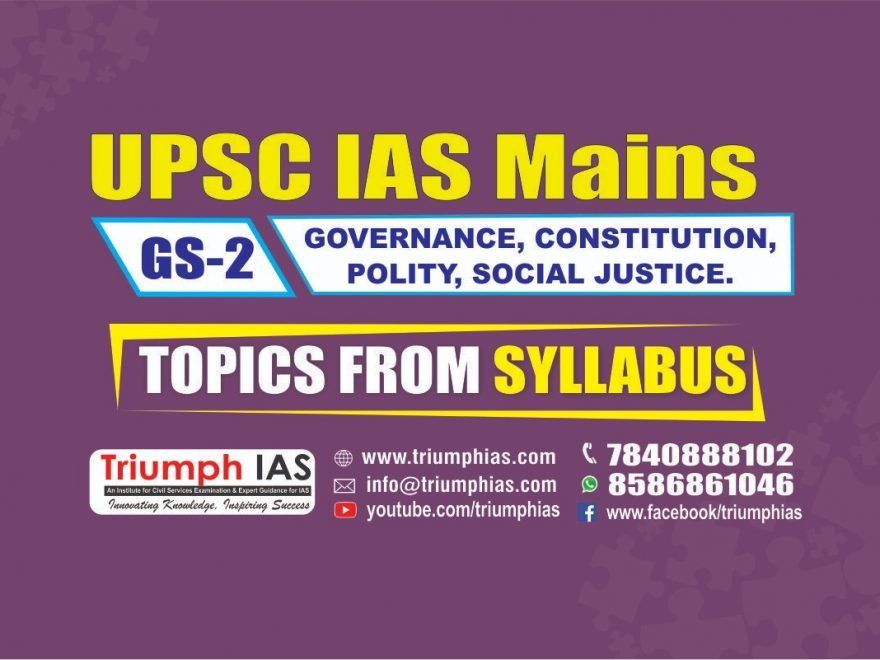YOGENDRA SINGH’S WORK – HISTORICITY AND UNIVERSALITY
- (Relevant for Sociology Syllabus: Paper 2- Social Structure )
Professor Yogendra Singh passed away at the age of 87 on May 9. He belonged to the original “gang of five” with Moonis Raza, S Gopal, Rasheeduddin Khan and Krishna Bharadwaj, who established, in 1969, Jawaharlal Nehru University’s now-famous School of Social Sciences. They have all gone, and now he has left us too.
- Your first image of Professor Singh would likely be that of a rather straightforward university teacher from a regular well-to-do, but rural background. How wrong would you be? Very. If anything, Singh was far from being the stereotypical Indian intellectual. If you wanted to see him at his combative, intellectual best, you needed to excite his theoretical bone. This quiet man would suddenly come alive.
- The most dominant image I have of Singh is that of a powerful homegrown social science theorist who could hold his own against the best anywhere in the world. Yet, and this is very significant, Singh was no nativistic propagandist who would Indianise social science. He was a strong believer in historicising social theories and contextualising concepts. In his opinion, this is the kind of exercise that would enable one to buttress universal categories and allow for a free flow of science across cultures.
- The one time he was really upset with me was when I visited him in 1973, or sometime around then, with an early Ph.D. draft which asserted concepts as if they were truths in themselves. After that dressing down, conducted as always, without a raised voice, my youthful romance with jargon was considerably shaken. The only look of annoyance in him was his furrowed brow, no more: As this was a particularly unusual expression in his case, the message of disapproval was very clear whenever it did happen.
- On his ability to link theory with fact, Singh had few parallels. He knew rural India intimately and did not have to self-consciously assert his knowledge of life in the countryside, as some of us do. At the same time, he had also studied Western traditions closely — and as a consequence, they were no longer foreign to him. As he frequently said in class, and in his books and articles, historicity and universality do best when they go hand-in-hand. This position is markedly manifested in all his works and can act as a leitmotif of Singh’s enormous contribution to social science knowledge.
- For example, he was the first to insist that the debate on caste versus class was an ill-conceived one. They were two different kinds of phenomena, and to believe that one was displacing the other was completely unfounded. Instead, he argued, if we were to examine how caste, as status, relates to other axes like those of class and power, one would be better served.
- Sanskritisation, for Singh, had meaning not because it was such an exotic cultural event, but because it was a context-specific expression of a universal principle. Professor M N Srinivas, who popularised the term “sanskritisation” would have certainly approved of this interpretation. At the same time, there were many, in India and elsewhere, who wrote and peddled “sanskritisation” as if it were a grand “micro fact”.
- Singh was the quiet sort who didn’t toil to be original — he was naturally one. This is why, as Professor K L Sharma, his first Ph.D. student (and, by consensus, Singh’s favourite) once said, that when Singh lectured Marx, one thought he must be a Marxist. Likewise, when he taught Weber, it seemed as if he were definitely Weberian. While never the one to aspire to guru status, Singh always espoused how important it was for good theory to be empirically sound.
- Nor did he ever make enemies. So, often those who once scoffed at him became his admirers. While others may have fought over Marx versus Weber, or Great versus Little Tradition, or Holism versus Hierarchy, Singh used insights that each provided to enlarge social theory. This is why when his first book, Modernisation of Indian Tradition, appeared in 1973, sociologists worldwide at once sat up to take notice of an extraordinary scholar on the horizon.
- But those like me were lucky. We got to appreciate Professor Singh in a way only students can. Jawaharlal Nehru University had just begun when I had enrolled as his Ph.D. student, and I am convinced that fate had dealt me a great hand.


